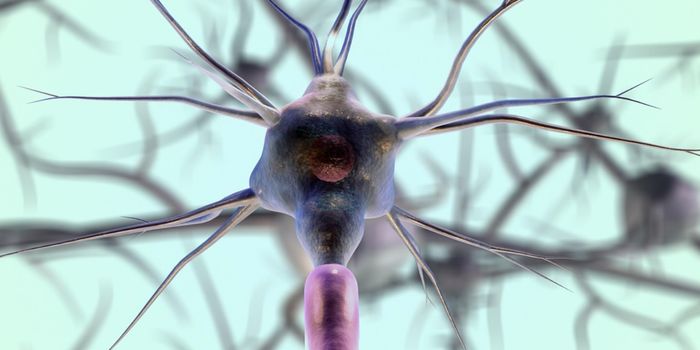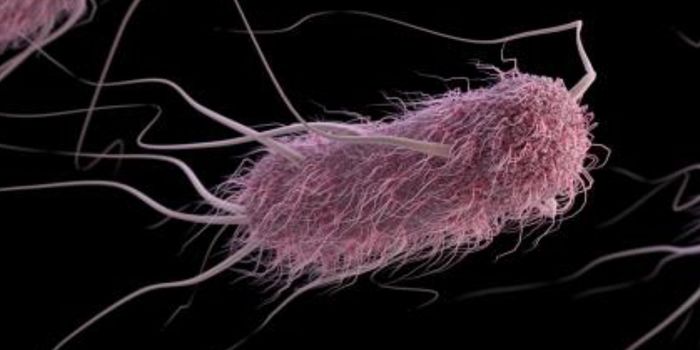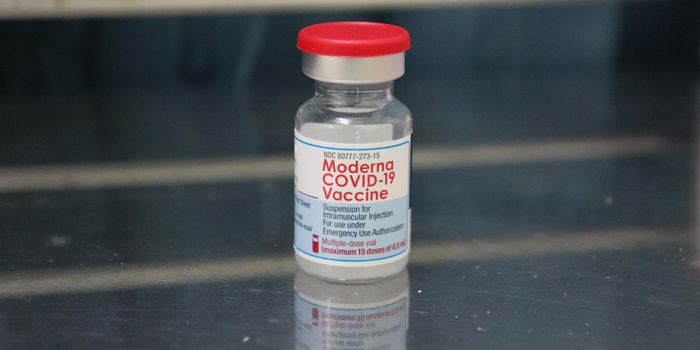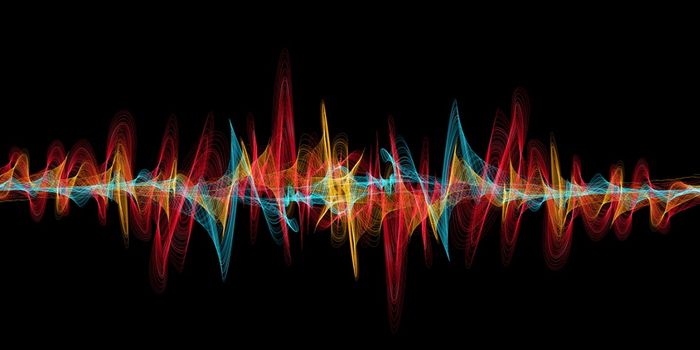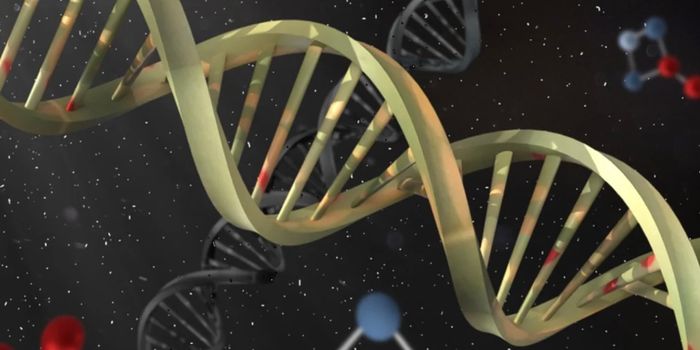How a Unicellular Organism Promotes Gut Inflammation
The human gut microbiome is known to have a significant influence on many aspects of our health. Usually, when people think of the gut microbiome, they think of the many bacterial species that live there. Other organisms like viruses and fungi are also members of the human gut microbiome that have been getting more research attention. Now, scientists have identified a unicellular organism called Blastocystis, a type of protist with many subtypes that are also a part of the human gut microbiome. The research has shown that different subtypes of Blastocystis can lead to beneficial health impacts while others are detrimental. The findings have been reported in The EMBO Journal.
People in Singapore have been found with a rare Blastocystis subtype called ST7, which is often isolated from patients with diarrhea. Blastocystis ST7 seems to cause gut disease, although the mechanisms that underlie this pathology have been unclear.
In this research, the scientists investigated Blastocystis ST7, and revealed that it generates a metabolite called called indole-3-acetyldehyde (I3AA), which is likely responsible for diarrhea in carriers.
"I3AA is produced in very few organisms. It binds to immune cells in the gut, which reduces the gut's tolerance for gut bacteria, causing the immune system to flare up even when exposed to normal gut bacteria," explained first study author Dr. Lukasz Wojciech, a Senior Research Fellow at National University of Singapore (NUS Medicine). Wojciech aded that I3AA can also lead to inflammation in the gut by interfering with the protective properties of regulatory T cells, which are an important class of immune cells. I3AA also triggers inflammation with T helper 17 cells, another gut immune cell type.
This is the first detailed study of a rare metabolite, which has been shown to promote inflammation, noted co-corresponding study author Associate Professor Kevin Tan of NUS Medicine.
This work also identified some bacteria that can counteract the negative impacts that I3AA has on the gut. Lactobacillus is one of those bacteria; they are a well-known group of probiotics that are found in foods like yogurt, sourdough bread, and cottage cheese.
Previous studies have shown that Lactobacillus can regulate immunity and have a therapeutic effect on gastrointestinal diseases. It may be possible to receive diarrhea in patients with Blastocystis ST7 by adding Lactobacilli-containing foods to their diet. The researchers are now investigating this possibility. Other work is also planned.
"We will be investigating if I3AA production is unique to ST7 and can be used as a biomarker of disease. We are also exploring if certain strains on Lactobacilli are able to prevent Blastocystis ST7 inflammatory effects on the host," said co-corresponding study author Professor Nicholas Gascoigne of NUS Medicine.


